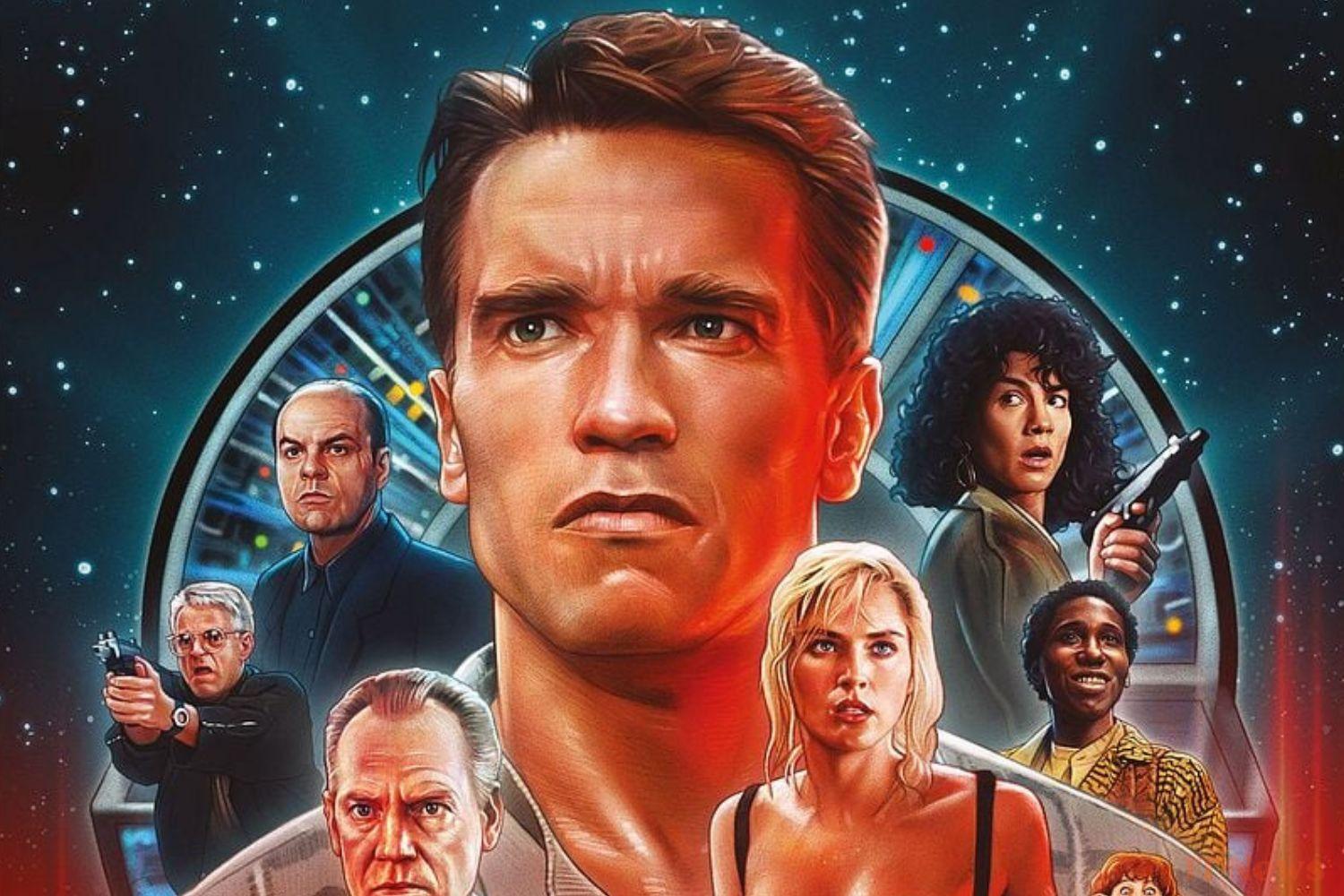For those who love science fiction, action, and a deluge of deliciously old-fashioned special effects, Total Recall is a classic. If you grew up in the 90s, you couldn't have missed this monster of genre cinema, which was also given a completely forgettable remake in 2012. The first adaptation of Philip K. Dick's novel remains a monument of the seventh art, aided by the imagination of its director. However, the project could have been very different. A look back at its journey from page to screen.
From the writers of Alien: The Eighth Passenger
In the 70s, the short story Memories for Sale by Philip K. Dick caught the attention of two authors. Dan O'Bannon and Ronald Shusett began working on adapting this ambitious novel. For several years, they actively worked to bring to life the story of Douglas Quail, an employee from the future who dreams of one day going to Mars. His income doesn't allow him to undertake such a journey, and his wife, Kirsten, is firmly opposed. He then goes to Rekal Inc., a company that implants false memories in its clients. For a certain sum, Douglas will be able to have the memories of a supposed trip to the red planet. On the day of the intervention, the technicians discover that his memory has already been erased. Killers quickly set out on his trail.
The project is futuristic, ambitious, and requires technologies that don't yet exist. Dan O'Bannon and Ronald Shusett abandon the idea to focus on another, equally illustrious science fiction story. They abandon Total Recall to develop Alien, the Eighth Passenger. Ridley Scott signed on to direct, and the film was released in 1979 and enjoyed the success it was known for. Over the next few years, the adaptation of Dan O'Bannon and Ronald Shusett's story passed from hand to hand until it landed in the hands of Dino De Laurentiis. The latter quickly imagined giving the lead role to Richard Dreyfuss (Jaws).
A combination of circumstances
Some time after the success of Dirty Dancing, De Laurentiis imagined that Patrick Swayze might have the stature to carry such a project on his shoulders. Arnold Schwarzenegger had already expressed his interest in the character, but the producer didn't see it that way. In a 2020 interview with The Ringer, the actor explained:
Faced with these rejections, the man who would eventually become Conan the Barbarian focused on other projects and universes. At the same time, David Cronenberg (The Fly) was working on the adaptation with William Hurt in the lead role. He abandoned it after a year of development and around ten screenplays. It was in 1988 that things came to a head for Schwarzenegger, who learned of the bankruptcy of De Laurentiis's company. The critical and commercial failure of David Lynch's Dune put an end to De Laurentiis's interest in science fiction and Total Recall. At the time, Bruce Beresford was behind the camera, and the release date was set for December 1988. Swayze was still announced as the lead.
Schwarzenegger wanted to step into the breach created by De Laurentiis's financial difficulties. Set construction was underway, and $8 million had already been spent. “As soon as I read that, I thought… He owns Total Recall.” He called his colleagues at Carolco Pictures and investors to convince them that it was worth the effort. Mario Kassar and Andrew Vanja acquired the adaptation rights and handed the role to Schwarzy on a silver platter. He hired Paul Verhoeven to direct the story. The director of RoboCop invited Gary Goldman to rewrite the script.
From Accountant to Worker
Because of his build, the actor and bodybuilder would hardly pass for an accountant. Gary Goldman therefore had the idea of making him a construction worker. From then on, the machine was in motion and Total Recall became a crazy and fun adventure alongside a spy who doesn't know it. Paul Verhoeven's film became a classic, just like RoboCop, and Schwarzenegger's performance entered the pantheon. The critics were rather enthusiastic and it was a success. It would post a box office of 260 million dollars (not indexed to inflation) and would stand out among the hits of the genre.



0 Comments